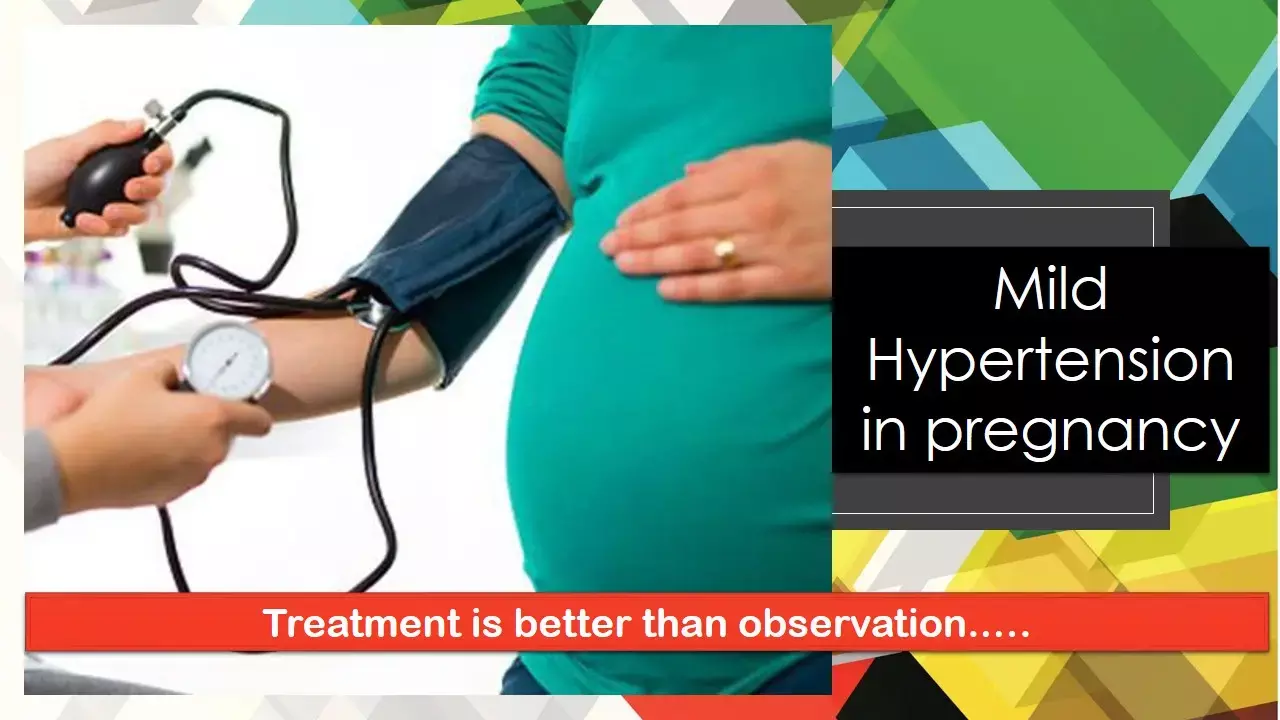- Home
- Medical news & Guidelines
- Anesthesiology
- Cardiology and CTVS
- Critical Care
- Dentistry
- Dermatology
- Diabetes and Endocrinology
- ENT
- Gastroenterology
- Medicine
- Nephrology
- Neurology
- Obstretics-Gynaecology
- Oncology
- Ophthalmology
- Orthopaedics
- Pediatrics-Neonatology
- Psychiatry
- Pulmonology
- Radiology
- Surgery
- Urology
- Laboratory Medicine
- Diet
- Nursing
- Paramedical
- Physiotherapy
- Health news
- Fact Check
- Bone Health Fact Check
- Brain Health Fact Check
- Cancer Related Fact Check
- Child Care Fact Check
- Dental and oral health fact check
- Diabetes and metabolic health fact check
- Diet and Nutrition Fact Check
- Eye and ENT Care Fact Check
- Fitness fact check
- Gut health fact check
- Heart health fact check
- Kidney health fact check
- Medical education fact check
- Men's health fact check
- Respiratory fact check
- Skin and hair care fact check
- Vaccine and Immunization fact check
- Women's health fact check
- AYUSH
- State News
- Andaman and Nicobar Islands
- Andhra Pradesh
- Arunachal Pradesh
- Assam
- Bihar
- Chandigarh
- Chattisgarh
- Dadra and Nagar Haveli
- Daman and Diu
- Delhi
- Goa
- Gujarat
- Haryana
- Himachal Pradesh
- Jammu & Kashmir
- Jharkhand
- Karnataka
- Kerala
- Ladakh
- Lakshadweep
- Madhya Pradesh
- Maharashtra
- Manipur
- Meghalaya
- Mizoram
- Nagaland
- Odisha
- Puducherry
- Punjab
- Rajasthan
- Sikkim
- Tamil Nadu
- Telangana
- Tripura
- Uttar Pradesh
- Uttrakhand
- West Bengal
- Medical Education
- Industry
Setting lower BP targets safe and effective for improving pregnancy outcomes, CHAP trial: ACC 2022

It is well known that hypertension in pregnancy worsens outcomes for both mothers and their offspring and clear guideline recommendations for the treatment of hypertension in pregnancy for women with severe hypertension. What remains unknown is whether the pregnant patients with milder degrees of hypertension (SBP-140-160mmHg) should be treated with antihypertensives or not?
In the latest issue of NEJM, Tita et al have shown that managing mild gestational hypertension improves the primary outcomes like preeclampsia with severe features, preterm birth, placental abruption, or perinatal death without compromising the safety of fetus. The trial was subsequently presented at ACC 2022.
The CHAP trial conducted at 61 sites compared the treatment of otherwise uncomplicated hypertension at two different blood-pressure thresholds. Enrolled in the trial were pregnant women who had mild hypertension, which was defined as a systolic blood pressure between 140 and 160 mm Hg and a diastolic blood pressure between 90 and 105 mm Hg.
All the women had a singleton fetus of less than 23 weeks of gestation. The women were randomly assigned in a 1:1 ratio to receive either active treatment with an antihypertensive agent that targeted a blood pressure of less than 140/90 mm Hg or to receive standard (control) treatment, with initiation of treatment to the same target only if there was an increase in the systolic pressure beyond 160 mm Hg or in the diastolic pressure beyond 105 mm Hg (severe hypertension).
The preferred first choice for an antihypertensive agent was labetalol or extended-release nifedipine.
The primary outcome was a composite of preeclampsia with severe features, medically indicated preterm birth at less than 35 weeks of gestation, placental abruption, or perinatal death.
The main safety outcomes were the incidences of small-for-gestational-age birth at less than the 10th percentile and at less than the 5th percentile.
Authors found that the incidence of the primary outcome was lower in the active-treatment group than in the control group (30.2% vs. 37.0%).
The primary-outcome result was driven by the incidences of preeclampsia with severe features and medically indicated preterm birth at less than 35 weeks of gestation.
The infant safety outcomes of a size below the 10th percentile or below the 5th percentile for gestational age did not differ significantly between the two groups.
"The absence of any evidence of reduced fetal growth with more aggressive treatment is very reassuring and is consistent with the findings of the CHIPS investigators", note Greene et al in an accompanying editorial. The CHIPS trial had previously shown that tight control could be achieved in pregnant patients without the feared adverse consequences on fetal growth.
"The most exciting finding in this trial (possibly the result of the large enrollment) is the apparent reduction in the incidence of various measures of preeclampsia in the active-treatment group, findings that have not been observed in eight previous randomized trials, including CHIPS", mentions the editorial.
In a nut shell:
In pregnant women with mild chronic hypertension, a strategy of targeting a blood pressure of less than 140/90 mm Hg was associated with better pregnancy outcomes than a strategy of reserving treatment only for severe hypertension, with no increase in the risk of small-for-gestational-age birth weight.
Source: NEJM: 1. DOI: 10.1056/NEJMoa2201295
2. DOI: 10.1056/NEJMe2203388
MBBS, MD , DM Cardiology
Dr Abhimanyu Uppal completed his M. B. B. S and M. D. in internal medicine from the SMS Medical College in Jaipur. He got selected for D. M. Cardiology course in the prestigious G. B. Pant Institute, New Delhi in 2017. After completing his D. M. Degree he continues to work as Post DM senior resident in G. B. pant hospital. He is actively involved in various research activities of the department and has assisted and performed a multitude of cardiac procedures under the guidance of esteemed faculty of this Institute. He can be contacted at editorial@medicaldialogues.in.
Dr Kamal Kant Kohli-MBBS, DTCD- a chest specialist with more than 30 years of practice and a flair for writing clinical articles, Dr Kamal Kant Kohli joined Medical Dialogues as a Chief Editor of Medical News. Besides writing articles, as an editor, he proofreads and verifies all the medical content published on Medical Dialogues including those coming from journals, studies,medical conferences,guidelines etc. Email: drkohli@medicaldialogues.in. Contact no. 011-43720751


